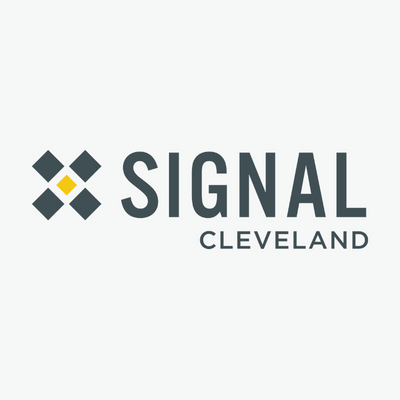Near the end of February 2023, urban school districts moved quickly to block Chat GPT —a writing assistant that recently took the internet by storm— on school devices and networks. Districts cited concerns over the software’s ability to aid students in cheating and plagiarism, as well as the safety and accuracy of the content it produces.
Cleveland schools are approaching it differently. Rather than blocking artificial intelligence software, the Cleveland Metropolitan School District is experimenting with different ways to incorporate it into learning and teaching.
Signal Cleveland spoke with a few experts for guidance on how school districts, teachers and parents should navigate AI technology and how it can both help teachers workloads and pose risks to students.
Kris Astle, education strategist at SMART Technologies, told Signal Cleveland that while AI apps can be powerful tools that can personalize learning, they are dependent on collecting students personal data. This poses a potential risk for student addresses and grade information to be exposed or for contact information to be sold to third parties.
Astle said that school districts, parents, and families can get a better idea of how safe an app is by asking questions such as:
- Does this EdTech app encrypt my product user data?
- How long do they keep my data?
- What is my data used for?
- Can I request my data to be erased?
- Who are the employees, contractors and vendors that have access to my data?
- Are they part of the Student Privacy Pledge?
Astle also recommended that schools and families balance AI interaction, which can feel isolating to some students, with in-person activities with peers and caregivers.
Read more from EdTech experts and explore how AI can be used in the classroom.




